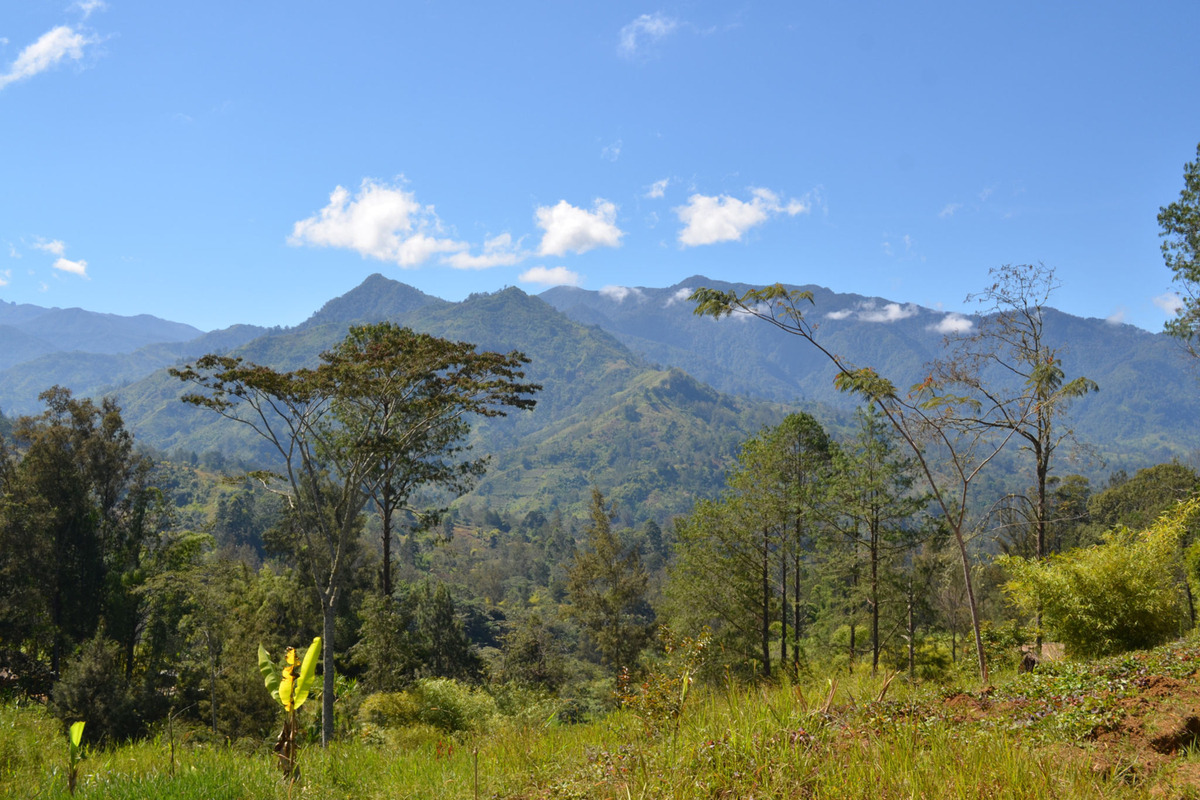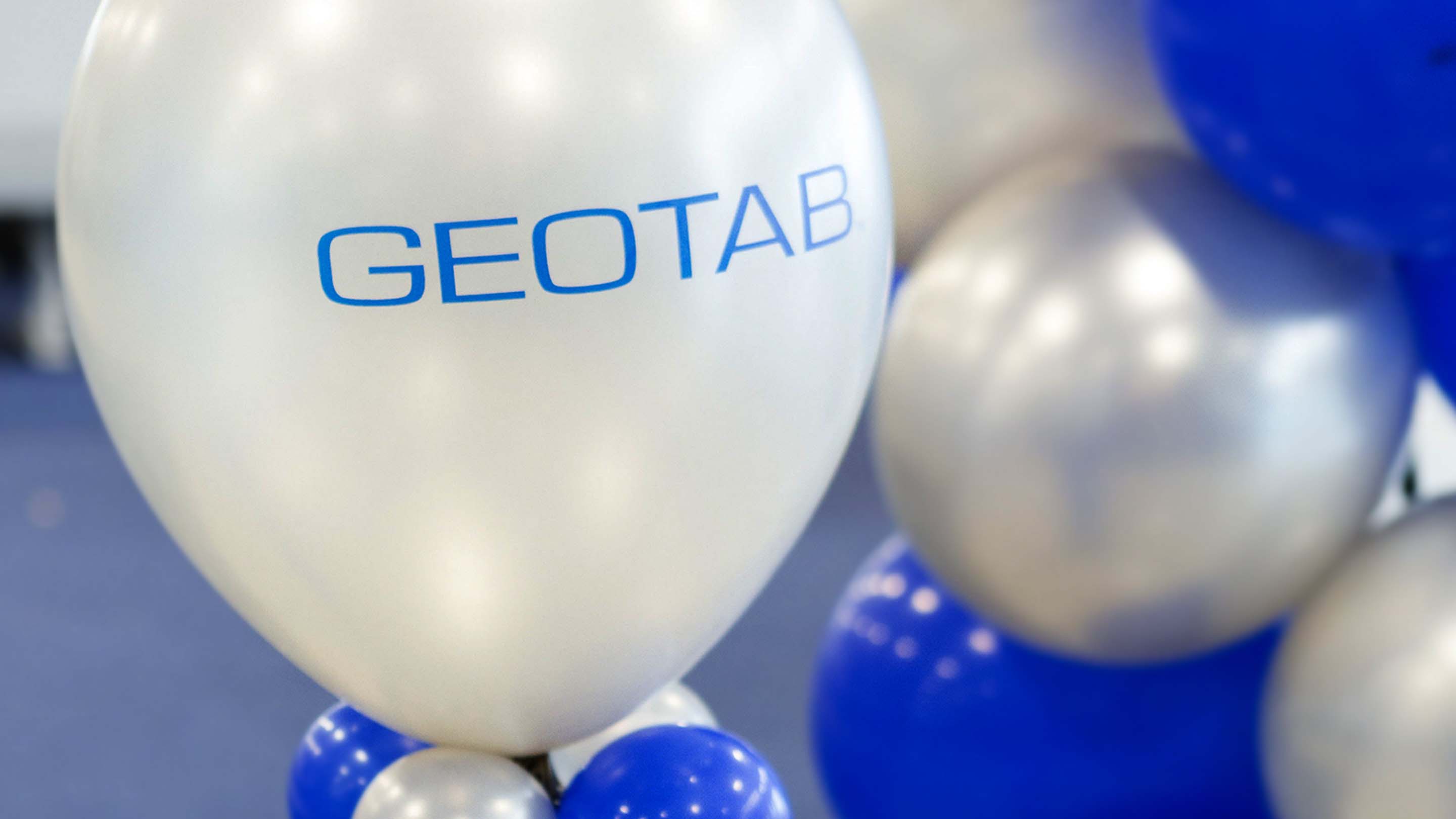
Labé, often referred to as the “Pearl of Fouta Djallon,” is a vibrant and fascinating city located in the heartland of Guinea, West Africa. With a rich history, diverse culture, and breathtaking natural beauty, Labé has become a popular destination for travelers seeking an authentic African experience. From its bustling markets filled with traditional crafts and local delicacies to its ancient mosques and vibrant festivals, Labé offers a plethora of attractions and experiences to immerse oneself in. In this article, we will uncover 40 intriguing facts about Labé, shedding light on its history, traditions, landmarks, and much more. So, get ready to embark on a virtual journey through the streets of Labé and discover the hidden gems that make this city truly unique.
Key Takeaways:
- Labé, the largest city in Guinea’s Fouta Djallon region, is a vibrant hub of culture, music, and agriculture, surrounded by beautiful landscapes and known for its warm hospitality and diverse traditions.
- Labé offers a rich tapestry of experiences, from colorful festivals and traditional clothing to bustling markets and outdoor adventures, making it a captivating destination for exploration and cultural immersion.
Labé is the largest city in the Fouta Djallon region of Guinea.
Located in the central part of the country, Labé is a bustling and vibrant city known for its rich cultural heritage and historical significance.
Labé was founded in the 17th century.
With a history that spans several centuries, Labé has witnessed the rise and fall of different empires, making it an important center for trade and commerce.
Labé is home to the Fulani ethnic group.
The Fulani people are the dominant ethnic group in Labé and have contributed significantly to the cultural diversity and development of the city.
The climate in Labé is tropical savanna.
Labé experiences distinct wet and dry seasons, with the wet season lasting from May to October and the dry season from November to April.
Labé is known for its vibrant music and dance scene.
The city is famous for its traditional music, which includes the use of instruments like the balafon and kora. Dance is also a significant part of the cultural expression in Labé.
Labé is surrounded by beautiful natural landscapes.
The city is nestled among picturesque rolling hills and is in close proximity to lush forests and scenic waterfalls, offering visitors ample opportunities for outdoor exploration.
Labé is a major center for producing and trading agricultural products.
The fertile lands surrounding Labé support the cultivation of crops such as rice, millet, peanuts, and fruits, which are not only consumed locally but also exported to other regions.
Labé has a rich tradition of oral storytelling and poetry.
The Fulani people in Labé pass down their history, legends, and myths through captivating oral narratives and poetic performances, preserving their cultural heritage.
The N’Dinga Market is a popular destination in Labé.
This bustling market offers a wide range of locally produced goods, including textiles, handicrafts, spices, and fresh produce, providing a glimpse into the vibrant daily life of the city.
The Pottal Fii Bhantal Fouta Djallon museum showcases the history and culture of Labé.
Visitors can explore a variety of exhibits that highlight the traditions, artifacts, and customs of the Labé region, providing insights into its rich heritage.
Labé is known for its colorful festivals and celebrations.
Throughout the year, Labé hosts numerous cultural festivals and events, where locals and visitors come together to celebrate and showcase their traditions through music, dance, and traditional attire.
The architecture in Labé is a blend of traditional and modern influences.
The cityscape of Labé showcases a fascinating mix of traditional mud-brick structures and modern buildings, reflecting its evolution over the years.
Labé is a hub for education in the region.
The city is home to several universities, colleges, and schools, providing access to quality education for the local population and attracting students from neighboring areas.
Labé is known for its hospitality and warm welcoming nature.
The people of Labé are renowned for their friendliness and hospitality, creating a welcoming atmosphere for visitors and making their stay memorable.
Labé is a significant transportation hub in Guinea.
The city is well-connected by road and air, serving as a gateway to other parts of the country and facilitating trade and travel.
Labé has a growing arts and crafts industry.
Local artisans in Labé produce intricately designed textiles, pottery, woodwork, and jewelry, which showcase their craftsmanship and creativity.
Labé has a diverse culinary scene.
Visitors to Labé can indulge in a wide array of traditional dishes, including locally sourced ingredients like fonio, yams, cassava, and various meats, providing a gastronomic adventure.
The Labé Grand Mosque is a prominent religious landmark.
With its stunning architecture and spiritual significance, the Labé Grand Mosque is an important place of worship for the Muslim community in the city.
Labé is surrounded by scenic waterfalls.
Within a short distance from the city, there are several breathtaking waterfalls, such as the Kinkon and Saala waterfalls, which attract nature enthusiasts and adventure seekers.
Labé serves as a gateway to explore the Fouta Djallon highlands.
The Fouta Djallon, with its picturesque landscapes, cascading waterfalls, and diverse fauna, is a popular destination for hiking, wildlife spotting, and ecotourism.
Labé is known for its vibrant traditional clothing.
The Fulani people in Labé are known for their distinctive and colorful attire, which reflects their cultural identity and heritage.
Labé has a lively marketplace culture.
Local markets in Labé, such as the Masidé Market, offer a fascinating shopping experience with a wide range of goods, from fresh produce to traditional crafts.
Labé hosts an annual cultural festival.
The Labé Cultural Festival brings together artists, musicians, dancers, and craftsmen from different regions to celebrate the cultural diversity of Guinea.
Labé is known for its traditional wrestling competitions.
Wrestling is a popular sport in Labé, where talented athletes engage in thrilling matches, showcasing their strength and skill.
Labé is surrounded by fertile agricultural lands.
The fertile soil and favorable climate of Labé and its surrounding areas make it an ideal region for farming and agriculture.
Labé is a hub for traditional medicine and herbal remedies.
The city has a long-standing tradition of using natural herbs and remedies for healing various ailments, attracting people seeking alternative medicine.
Labé has a vibrant traditional music scene.
The beats of drums, melodic flutes, and soulful vocals fill the air during traditional music performances, captivating audiences and preserving cultural traditions.
Labé is known for its vibrant street markets.
Street markets, such as the Biri Bori Market, offer a lively atmosphere with vendors selling a wide array of goods, from clothing to local handicrafts.
The Labé Museum of Ethnology showcases the cultural heritage of the Fulani people.
The museum displays artifacts, artwork, and historical objects that highlight the rich heritage and customs of the Fulani ethnic group in Labé.
Labé is a multicultural city.
The city is home to people from various ethnic backgrounds, contributing to its diversity and creating a melting pot of cultures.
Labé is known for its bustling nightlife.
After the sun sets, the city comes alive with bars, clubs, and music venues where locals and visitors can enjoy the vibrant nightlife scene.
Labé is a center for traditional textile weaving.
The city is renowned for its skilled weavers who produce intricate and vibrant textiles using traditional techniques and patterns.
Labé is home to talented artisans and craftsmen.
Artisans in Labé excel in various crafts, such as pottery, leatherwork, jewelry making, and basket weaving, creating unique and beautiful pieces.
Labé is a gateway to explore nearby natural wonders.
With its strategic location, Labé provides easy access to natural attractions like the Félou Falls, which is one of the highest waterfalls in West Africa.
Labé is a hub for traditional medicine research.
Researchers and scientists in Labé study traditional medicinal practices, aiming to uncover the potential therapeutic properties of various local herbs.
Labé is known for its lively annual horse racing festival.
The Kankalabé Horse Racing Festival attracts participants and spectators from all over Guinea, showcasing the equestrian culture of Labé.
Labé has a vibrant theater and performing arts scene.
The city is home to several theater groups and performance troupes that entertain audiences with compelling plays, dance performances, and cultural shows.
The Labé Central Market is a bustling trading hub.
The central market is a vibrant and dynamic place where traders from different areas come together to sell a wide range of products.
Labé has a strong sense of community.
The residents of Labé value close-knit relationships and mutual support, fostering a strong sense of community and belonging.
Labé offers a range of adventure sports and outdoor activities.
Adrenaline enthusiasts can engage in activities like hiking, rock climbing, and river rafting, using Labé as a base to explore the surrounding natural landscapes.
Conclusion
Labé is a vibrant city with a rich cultural heritage and a fascinating history. From its bustling markets to its historic landmarks, Labé offers a unique experience for travelers seeking to immerse themselves in the authentic charm of Guinea. With its diverse ethnic groups and lively festivals, Labé showcases the vibrant cultural tapestry of the country. From exploring the stunning landscapes to indulging in delicious local cuisine, Labé offers numerous activities and attractions for visitors to enjoy.Whether you are interested in history, art, or simply experiencing the everyday life of the locals, Labé has something to offer everyone. Its warm and welcoming people, coupled with its stunning natural beauty, make it a must-visit destination in Guinea. So pack your bags and get ready to embark on an unforgettable adventure in Labé!
FAQs
1. What is the best time to visit Labé?
Labé can be visited throughout the year, but the best time to visit is during the dry season, which runs from November to April. During this time, the weather is pleasant, and there is less chance of rainfall, making it ideal for exploring the city and its surroundings.
2. How do I get to Labé?
Labé has an airport, welcoming domestic flights from Conakry, the capital of Guinea. Alternatively, you can also reach Labé by road from Conakry or other major cities in Guinea. The road journey offers beautiful views of the countryside and is a great way to experience the local culture.
3. What are the must-visit attractions in Labé?
Some of the must-visit attractions in Labé include the colorful central market, the Fouta Djallon Highlands, the Labé Mosque, and the nearby waterfalls such as Chutes de Saala.
4. What is the local cuisine like in Labé?
Labé is known for its delicious local cuisine, which includes dishes like couscous, riz gras (rice with meat and vegetables), and a variety of grilled meats. Don’t forget to try the refreshing palm wine, a popular local drink.
5. Can I explore the surrounding areas of Labé?
Yes, there are several beautiful natural attractions near Labé that are worth exploring. You can visit the stunning Chutes de Saala waterfalls, go hiking in the Fouta Djallon Highlands, or venture further to discover the picturesque landscapes and traditional villages of the region.
6. What are the traditional festivals celebrated in Labé?
Labé is known for its vibrant festivals, such as the Labé Carnival and the Labé Cultural Week. These festivities showcase the rich cultural heritage of the city, with traditional music, dance performances, and colorful parades.
7. Is Labé a safe city for tourists?
Labé is generally considered safe for tourists. However, it is always important to take usual precautions and stay aware of your surroundings. It is recommended to follow local advice and travel with a reputable guide if venturing into more remote areas.
8. Are there accommodation options available in Labé?
Yes, Labé offers a range of accommodation options, including hotels, guesthouses, and lodges. It is recommended to book in advance, especially during peak travel seasons, to secure your preferred accommodation.
9. Can I purchase traditional crafts and souvenirs in Labé?
Yes, Labé’s central market is a great place to purchase traditional crafts and souvenirs such as intricately woven textiles, handmade jewelry, and wooden carvings. It is an excellent opportunity to support local artisans and take home unique mementos of your visit to Labé.
Labé's fascinating history and vibrant culture make it a must-visit destination for anyone exploring Guinea or West Africa. From traditional music and dance to bustling markets and stunning natural landscapes, Labé offers a wealth of experiences that showcase the rich heritage of the Fulani people. Visitors can immerse themselves in the city's lively atmosphere, sample delicious local cuisine, and discover the warm hospitality that makes Labé truly special. Whether you're interested in learning more about Guinea's diverse regions or want to explore the wonders of West Africa, Labé is an excellent starting point for your journey.
Was this page helpful?
Our commitment to delivering trustworthy and engaging content is at the heart of what we do. Each fact on our site is contributed by real users like you, bringing a wealth of diverse insights and information. To ensure the highest standards of accuracy and reliability, our dedicated editors meticulously review each submission. This process guarantees that the facts we share are not only fascinating but also credible. Trust in our commitment to quality and authenticity as you explore and learn with us.


